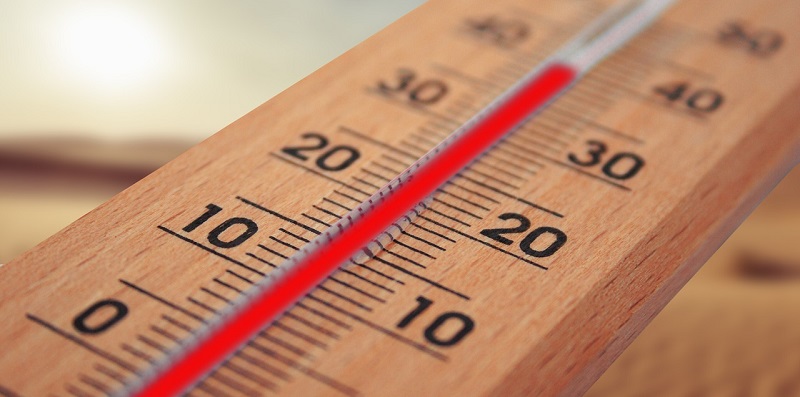With heatwaves becoming increasingly common and temperatures soaring to extreme levels, it is crucial to prioritize the health and safety of employees. The Czech Labor Code sets forth various guidelines and obligations for employers to create a safe and healthy work environment and working conditions, particularly during hot weather.
Under the Czech Labor Code, employers are legally obligated to create a work environment that is safe and healthy for their employees. This includes taking necessary measures to address extreme heat conditions and prevent any harm to employees’ health and well-being. Although the Labor Code does not explicitly impose an obligation to send employees home during heatwaves, it emphasizes the importance of creating suitable working conditions.
Recognizing the challenges posed by extreme heat, employers may ask employees to work from home if it is not feasible to provide reasonable working conditions at the workplace. This flexibility allows for the preservation of productivity while ensuring employee health and safety is not compromised. Employers should strike a balance between the demands of their business and the well-being of their workforce during hot weather.
In order to combat the effects of excessive heat, employers must provide regular (paid) breaks to employees working in workplaces where the temperature reaches 36 degrees Celsius. This allows employees to rest, cool down, and rehydrate.
For workers engaged in physically demanding jobs in temperatures above 30 degrees Celsius, employers are required by law to provide mineral-infused water. This helps replenish essential minerals lost through sweating and maintain hydration levels.
However, for office-based employees or workers engaged in less physically demanding work, clean tap water is considered sufficient to ensure hydration and mitigate the effects of hot weather.
To prevent overheating and heat-related illnesses, the Czech Labor Code sets maximum temperature limits for different types of work. For physically demanding jobs, the maximum permitted temperature is typically lower, ensuring employees are not exposed to excessive heat during intense physical activity.
For work that is mainly carried out in a sitting position and does not require significant physical activity, the maximum permitted temperature is set at 27 degrees Celsius. This takes into account the potential discomfort caused by high temperatures and the need for a conducive work environment.
Moreover, the difference between indoor and outdoor temperatures should not exceed 6 degrees Celsius, unless the weather conditions outside exceed 30 degrees Celsius. This ensures that employees are not subjected to drastic temperature changes, which could negatively impact their health and well-being.
Employers have a legal obligation to ensure the health and safety of their employees during hot weather. If an employer fails to fulfill these obligations, they can be held liable to legal action. Employees have the right to demand compensation for damages incurred due to the employer’s failure to provide suitable working conditions during heatwaves.
It is crucial to emphasize the importance of holding employers accountable for the well-being of their employees. By prioritizing the health and safety of their workforce during extreme weather conditions, employers not only comply with legal requirements but also foster a positive work environment that values the welfare of its employees.
In conclusion, the Czech Labor Code establishes employee rights and employer responsibilities to ensure safe and healthy working conditions during heatwaves. Employers must prioritize the well-being of their employees, providing suitable working conditions, breaks, hydration, and flexibility in work arrangements. Failure to do so can result in legal consequences and potential compensation for damages. As heatwaves continue to challenge workplaces, it is crucial that employers recognize the importance of safeguarding employee health and safety. By adhering to the guidelines outlined in the Czech Labor Code, employers can create an environment that prioritizes the well-being of their workforce, even amidst extreme weather conditions.

